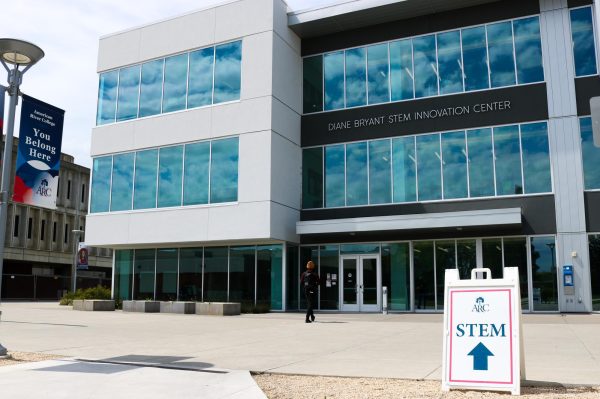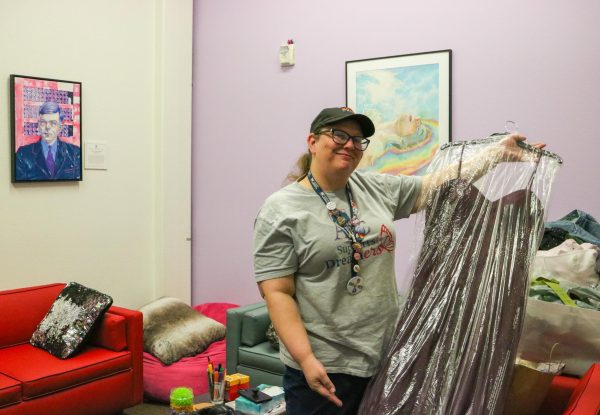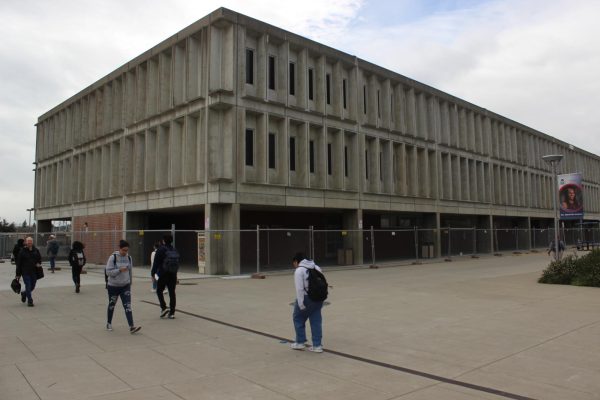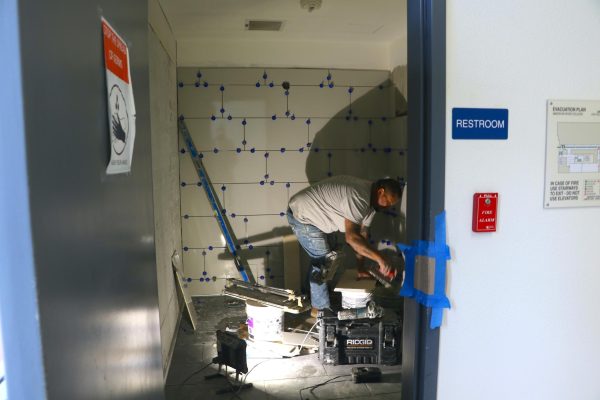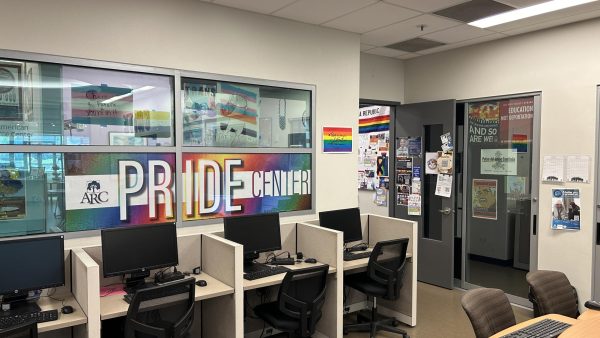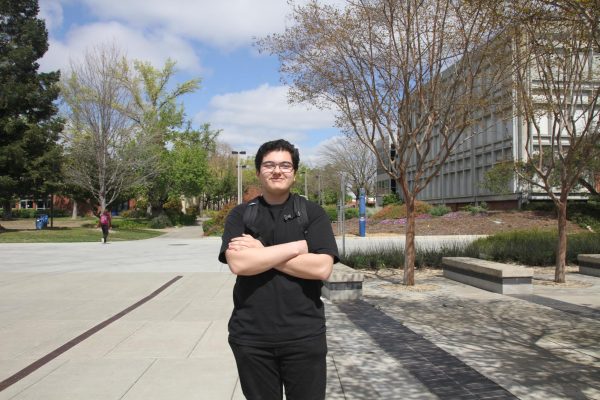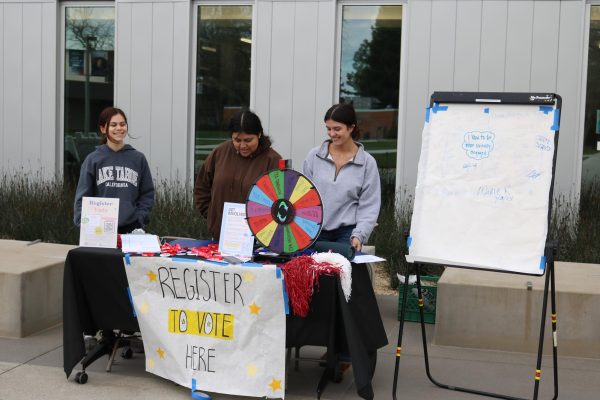Selection of new ARC president concludes
Students and faculty question candidates for Thomas Greene’s position
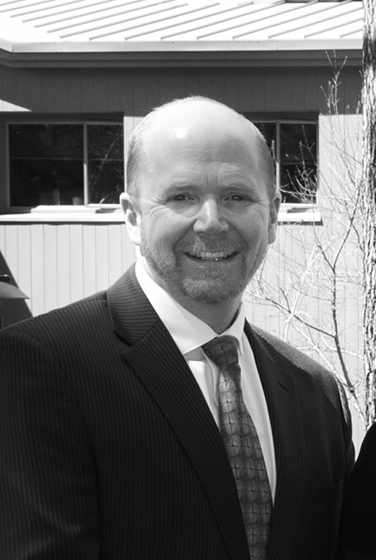
During Thomas Greene’s tenure as American River College’s president, he pushed the college to place additional emphasis on supporting students in achieving their educational goals. (Photo Courtesy of Melissa Hurtado)
American River College President Thomas Greene announced his retirement from the position in December 2019, after more than five years in the role. On Nov. 10, Los Rios Community College Chancellor Brian King emailed students and faculty that Melanie Dixon was selected to assume the role of ARC president.
“Melanie is an exceptional leader with outstanding and diverse experiences that will serve her well in this role,” King wrote in his email. “The breadth and depth of Melanie’s skills and experience, along with her personal authenticity, dynamism and charisma, make her the ideal person to lead ARC into the next decade.”
Dixon originally came to LRCCD as the Dean of Student Services at Folsom Lake College in 2014, and within three years became FLC’s Vice President of Student Services.
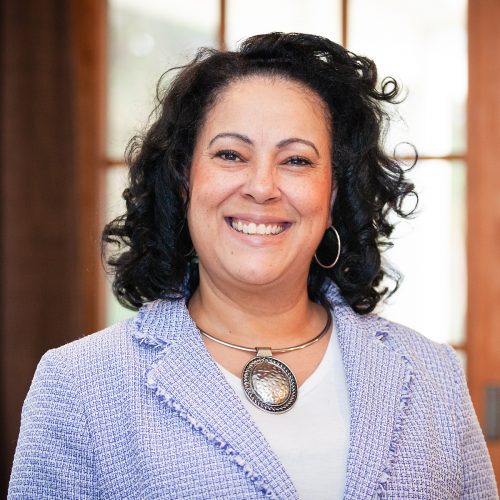
“ARC is one of the finest community colleges in our country and I look forward to building on that tradition of excellence into the future,” Dixon said in an LRCCD press release. “ARC’s students are amazing, and I can’t wait to start working with our outstanding team of faculty, staff, and administrators to continue delivering on our promise to them.”
During his tenure, Greene oversaw efforts to redesign the college to place students first, ensuring equitable outcomes for all students.
“One of the more recent examples of these collaborative efforts has been the creation of our HomeBase Pathway Communities,” Greene said in an email interview with the Current. “I am also honored to have helped the college develop new instructional and support programs, community partnerships and a strong foundation for future success.”
After announcing his intent to retire, Greene said he was originally slated to leave his position in June of this year with a successor already chosen. In order to find suitable candidates for the position in advance of his exit, a search committee per Los Rios Community College District administrative regulation 9124 was formed that included Brian King, LRCCD chancellor, as well as the LRCCD Board of Trustees.
But according to Jacob Knapp, ARC’s associate vice chancellor of human resources, the global pandemic forced the college to make an abrupt change of plans.
“The recruitment process initially was planned for spring of 2020,” Knapp said. “With the onset of COVID and our transition to remote operations, the president search was postponed to the fall of 2020. The position was re-posted and advertised in July of 2020, and the search committee has been working this entire semester to screen, interview and identify final candidates.“
According to Knapp, ARC’s search committee has been working throughout the fall semester to narrow down potential candidates. Existing ARC faculty as well as external candidates were considered for the position if they could meet the minimum qualifications.
These include an earned doctorate or work experience that could waiver the doctorate. Prior experience in a senior administrative role at a higher educational institution, with recent successful leadership experience in educational and fiscal planning. Ideally, candidates will have prior experience at teaching in higher education.
In addition to work experience and educational requirements, there are some factors that are not as easily quantifiable on a resume. Prospective presidents should be sensitive to “the diverse academic, socioeconomic, cultural, disability, and ethnic backgrounds of community college students,” Knapp said in an email to the Current.
“The president serves as a visionary leader who understands and promotes the role of the college in a changing society and who will build on the college’s tradition of innovation and excellence,” Knapp said. “[They work] collaboratively with the chancellor and other college presidents, college faculty and staff, students, other district personnel and with business and community leaders to advance the mission and vision of the college.”
First impressions of candidates were facilitated through a series of Zoom sessions on Oct. 30. Each candidate was interviewed for a half hour by ARC students and faculty, as well as classified professionals, managers and supervisors. Attendees were allowed to craft their own questions to ask of each candidate.
Greene said in an email to the Current that he was not directly involved with the process of selecting a new president, but is committed to aiding the transition to the new president once they have been selected.
The incoming president is inheriting a campus that will remain on lock down through the spring semester. In addition, California’s community college system may be facing an enrollment crisis. According to a September EdSource article, community colleges around California are experiencing a drop in attendance, though ARC has managed to avoid this for the fall semester. Greene’s reforms will be tested, as will Dixon’s ability to continue the work put into refocusing ARC to the benefit of its students.
The pandemic will also likely remain a concern throughout 2021, one that higher education institutions nationwide will have to come to terms with. The Los Angeles Times reported on a warning from Anthony Fauci, physician with the National Institutes of Health and director of the National Institute of Allergy and Infectious Diseases. During a discussion hosted by Australia’s University of Melbourne on Oct. 28, Fauci said that the U.S. will likely be wrestling with the pandemic until the end of 2021 and possibly extending into 2022. He also predicted ongoing limits to public spaces such as movie theaters, sports venues and restaurants throughout the coming year.
ARC announced in September that the campus is to remain closed through the spring semester due pandemic concerns and ongoing trends in “public health dynamics.” If Fauci’s predictions are correct, it represents a serious challenge to the full reopening of all public institutions, not just college campuses.
“American River College has been extremely kind and gracious to me during my tenure,” Greene said. “I know the community will welcome and support their next president in the same manner.”

